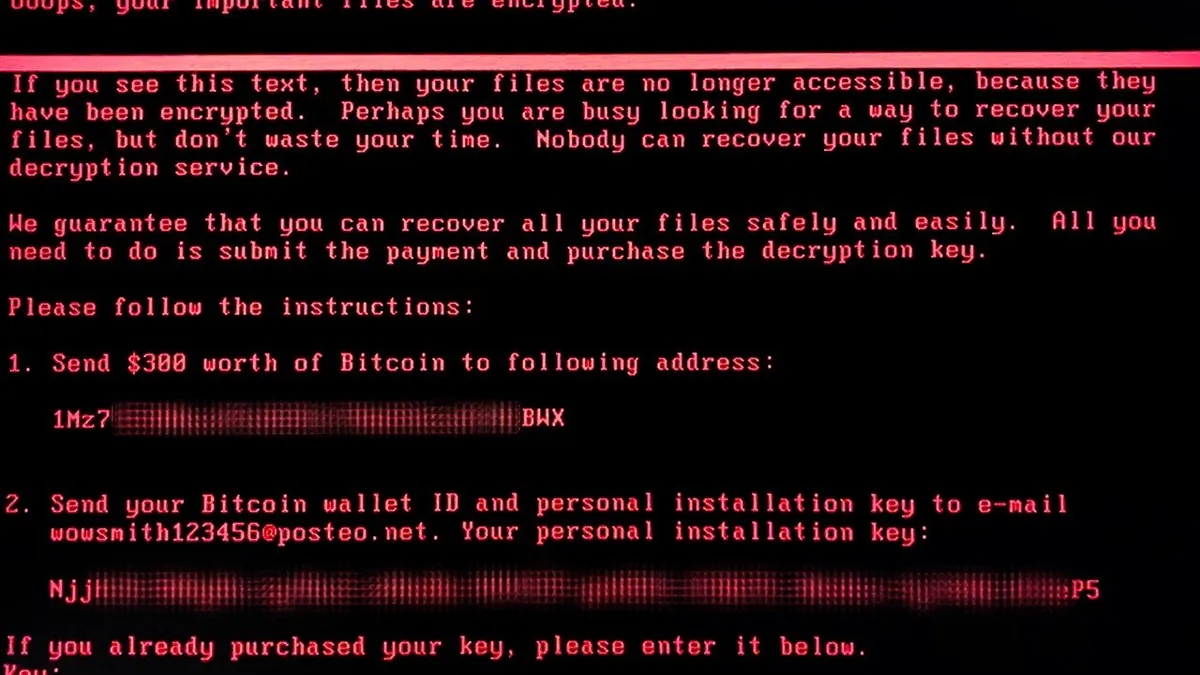Dive Brief:
- More than 225 U.S. mayors agreed to not pay a ransom in the event of a cyberattack, according to the 2019 list of resolutions from the U.S. Conference of Mayors.
- Paying a ransom "encourages continued attacks" on government entities and financially supports malicious actors, the mayors said. The group has a "vested interest in de-incentivizing" future attacks.
- There have been at least 170 cyberattacks on country, city or state government systems since 2013 and 22 happened in 2019, according to the mayors' resolution. High profile attacks, like Baltimore's, have gained national attention.
Dive Insight:
Paying a ransom is always a gamble: There's no guarantee victims will have their records or full operations restored. There's also no promise the attackers didn't keep a digital copy.
Still, the decision to pay a ransom comes down to basic math. Attacked entities have to decide if the cost of recovery — factoring in the type of ransomware strain, how much disk space is available to run a backup, and time — is worth the price.
The mayors' consensus comes just weeks after two Florida cities paid their attackers' ransom demands. A third Florida city, Key Biscayne, was hit soon after, though the city has yet to reveal whether or not it will pay the ransom.
The Florida cities, Riviera Beach and Lake City, enlisted support from outside counsel to decide on the next plan of action. Both cities agreed to dish out the $600,000 and $462,000 in ransom, respectively.
Another city took the financial risk of refusing the ransom. In March 2018, Atlanta refused to pay a ransom equivalent to about $51,000. By June the city was requesting $9.5 million more for recovery costs. The attack stalled Atlanta's services, knocking more than one-third of its software applications either partially or fully offline.
If ethics and other risk factors are ignored, paying a ransom makes more sense economically. But the decision to pay a ransom is unique to the victim's circumstances. Hackers calculate ransoms to make it low enough for their victim to pay, but high enough to make a profit.












